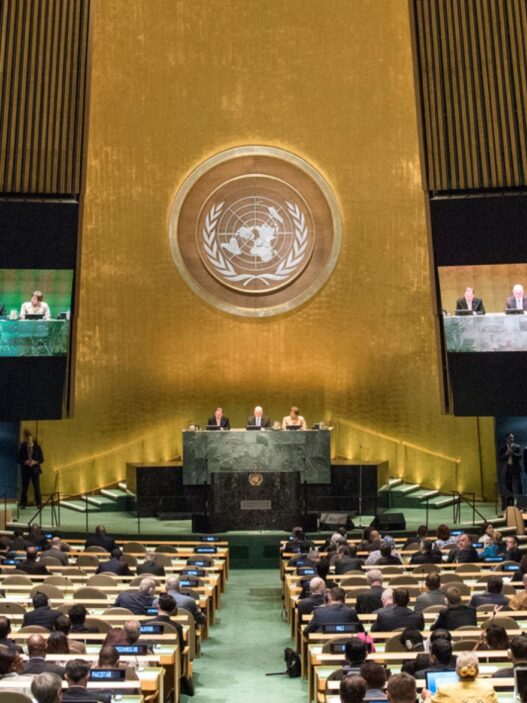With the election just over a month away, the increasing tension in the political landscape is not only affecting adults—it’s impacting kids’ mental health too.
Children are experiencing heightened levels of anxiety, stress, and even fear, as they hear their parents talk about the election, watch political ads, or overhear news discussions.
For many, the intense debates and uncertain future are a cause for concern.
Why Are Kids Feeling Stressed About the Election?
Children are sensitive to the emotional climate around them. When adults are feeling stressed about current events, children can pick up on these emotions and become anxious themselves.
Political campaigns often focus on issues that may sound alarming, and without the proper context, these messages can cause worry.
For example, children may hear discussions about safety, climate change, or job security, and interpret them as direct threats to their own lives or future.
Moreover, exposure to media—whether it’s news reports, social media, or campaign advertisements—can be overwhelming.
Many of these sources use dramatic language to capture attention, which can make children feel frightened or confused about what is happening in their world.
Signs of Election Stress in Kids
Parents and caregivers should watch for signs of stress in their children. These signs may include:
- Changes in Mood: Increased irritability, sadness, or withdrawal.
- Sleep Problems: Difficulty falling asleep or staying asleep.
- Physical Symptoms: Headaches, stomachaches, or other unexplained physical complaints.
- Avoidance: Not wanting to talk about what they heard or asking to avoid certain media.
How Parents Can Help
- Limit Media Exposure: Reducing the amount of news children are exposed to can help lessen their anxiety.
Instead of having the news on constantly, try watching or listening to it when the kids aren’t present. - Create an Open Space for Questions: Allow kids to ask questions about what they are hearing.
Addressing their concerns with age-appropriate language can help them understand what’s happening without feeling overwhelmed. - Focus on Positivity: Remind children that, despite the conflicts they may hear about, people are working together to make the world a better place.
Highlight acts of kindness and progress rather than focusing only on negative events. - Maintain Routines: Keeping a regular schedule for meals, bedtime, and activities can help provide a sense of stability and security during uncertain times.
- Model Healthy Behavior: Children look to adults for cues on how to react to stressful situations.
Model healthy ways of dealing with stress, such as talking about your feelings, practicing mindfulness, or simply taking a walk to relax.
Election stress can take a toll on children’s mental health, especially when they are constantly exposed to negative news and discussions.
By being mindful of media exposure, providing context, and encouraging open conversations, parents can help mitigate the effects of this stress.
It’s important to focus on creating a supportive environment where kids feel safe and reassured, even during times of political uncertainty.























